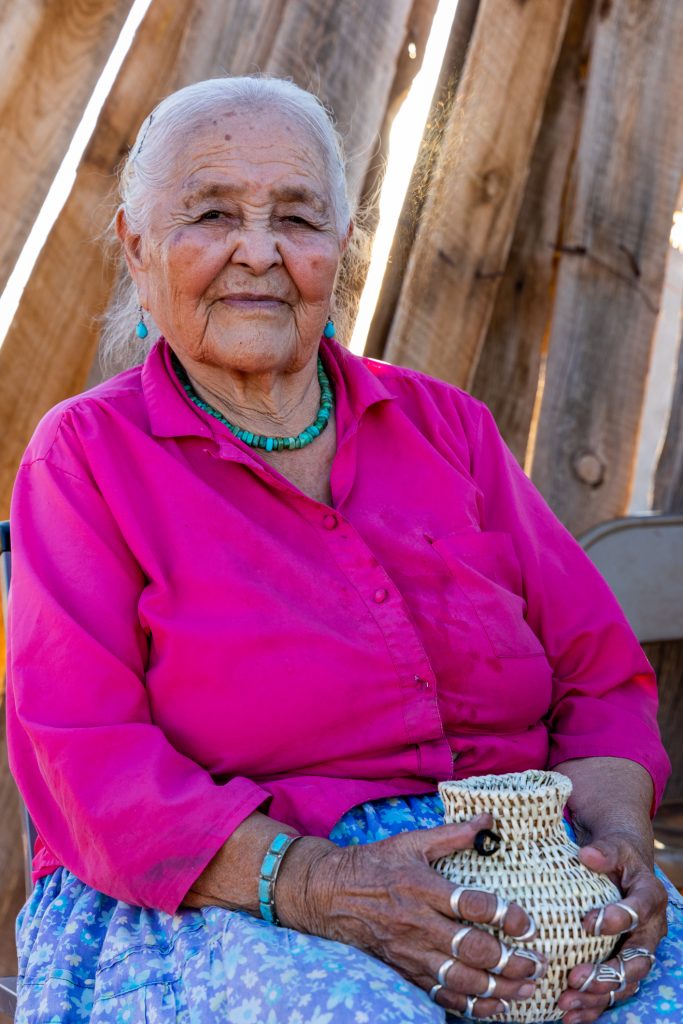
The U.S. Departments of the Interior, Education, and Health & Human Services have launched a new initiative to help preserve, protect, and promote Native languages. The initiative, created to bolster the Native American Languages Act of 1990, was introduced last month at the 2021 White House Tribal Nations Summit.
The three agencies signed a memorandum of agreement (MOA) outlining new goals and programs that support the protection and preservation of Native languages. Other signatories include the U.S. Departments of Agriculture, Transportation, Institute of Museum & Library Services, the Library of Congress, the National Endowment for the Arts, and the National Endowment for the Humanities.
Some of the goals listed in the MOA include:
- Identifying statutory or regulatory barriers that impede federal implementation of Native language activities;
- Identifying research that explores educational attainment and Native language retention and/or revitalization;
- Simplifying the process to integrate Native language instruction and language and other cultural activities into educational settings, including libraries, museums, cultural and historic preservation programs, and in the arts; and
- Strengthening Tribal consultations on the issue of Native languages.
The MOA also establishes a Native Language Workgroup to be comprised of representatives from the Departments of Education and Health & Human Services as well as the Bureau of Indian Education.
“The cornerstone of any culture or community is its language. Languages are where oral histories are passed down, knowledge is shared, and bonds are formed. As part of our commitment to strengthening and supporting Indigenous communities, the Interior Department is resolute in its efforts to ensuring Native languages are preserved and protected,” said Secretary of the Interior Deb Haaland. “From our libraries and schools to museums and cultural centers, the Department is proud to help lead this interagency effort to encourage programs and projects to include instruction in and preservation of Native languages.”
“The Department of Education is committed to advancing equity and excellence in our nation’s education system for Native American students to fulfill our commitment to furthering Tribal sovereignty and self-determination. A vital part of that work entails ensuring that the cultural and linguistic identities of Native American students are affirmed in school,” said Secretary of Education Miguel Cardona. “Native American languages connect to a delicate and meaningful balance with belief systems and treasured heritage. And as I’ve learned in speaking with Tribes, these belief systems, in turn, provide a way of understanding and connecting to the past, present, and future through Native American values that have been transferred over generations. For all these reasons, I’m proud that the Biden administration is committed to supporting the preservation and revitalization of Native languages.”
“Preserving Native languages, at a time when many communities have lost a great many linguistic experts, is critical. Throughout the pandemic, many people have not been able to practice or access cultural resources due to a high risk of COVID-19 infection,” said Health and Human Services Secretary Xavier Becerra. “Many ceremonies and healing practices that are typically conducted in Native American languages have been paused for almost two years. In certain Native communities, language is at risk of being lost altogether. Investing in linguistics is key to supporting our tribal communities and protecting their history, and today’s investment should help achieve this important goal.”






